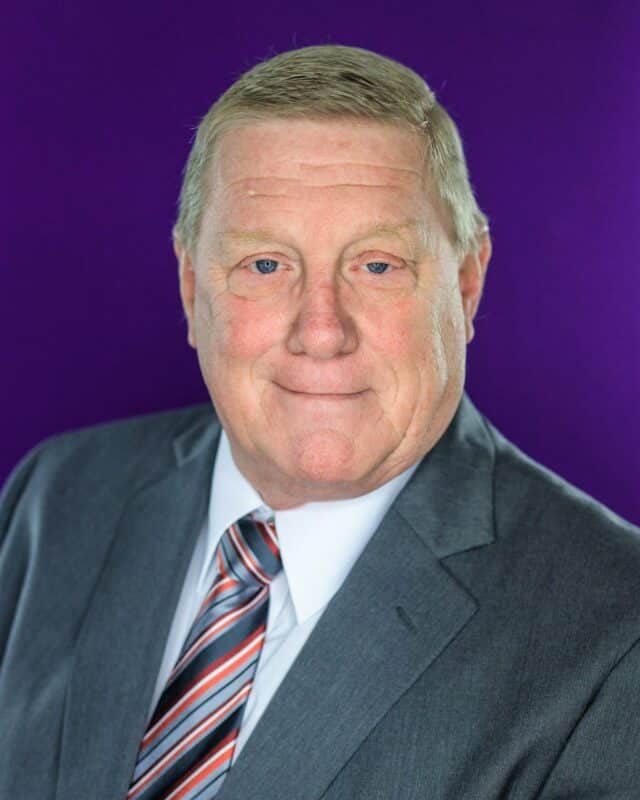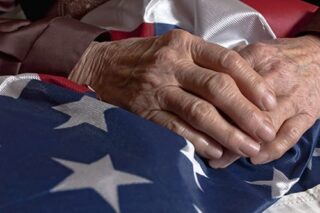
Prince George's County
9500 Medical Center Drive
Suite #250
Largo, MD 20774
Anne Arundel County
90 Ritchie Highway
Suites A & B
Pasadena, MD 21122
Charles County
2505 Davis Road
Waldorf, MD 20603
Burnett Center for Hope & Healing
P.O. Box 838
4559 Sixes Road
Prince Frederick, MD 20678

More Hospice & Palliative Care Articles
Three Ways Nonprofit Hospices Help Military Veterans

When a person chooses to become a hospice patient, the first thing the care team does is get to know the patient and their family. We want to know as much as possible about each person as our care plan will vary depending on their life experiences. Culture, faith, family, work background and more all come into play.
One question we ask is whether our new patient served in the military. Each year, one out of four people who die in our nation are military veterans. That is a large segment of our population sharing a powerfully distinctive life experience. It is why the National Hospice and Palliative Care Organization and the Department of Veterans Affairs created the We Honor Veterans program. Hospices that partner in the program have committed to understanding and providing for the unique needs of veterans. Here are three ways we honor their service.
- Perform an honor salute – The honor salute is a way for us to say thank you and welcome home. It’s something many veterans haven’t experienced in a long time, if at all. This is especially true for Vietnam vets, many of whom weren’t treated well when they came home. At these living room or bedside ceremonies, the family will often learn things about the service member’s time in the military – like medals they earned. It’s an honor to be able to witness the pride of an elderly veteran who finds their strength to raise their hand to return a salute.
- Support them with life review – Toward the end, patients often talk about things they’ve done. It can be shocking to the family. Patients with post-traumatic stress disorder may have experienced a lot of anxiety, depression, addiction, outbursts and more. These things can cause additional trauma at the end of life. If it is something they want to share with the family, we can help them. After all, their families are partners in their journey, too.
- Listen – Unlike many civilians, veterans already understand the role a chaplain plays. In the military, especially on the battlefield, chaplains are there for everybody. Like hospice chaplains, they do not have a religious agenda and most often provide a listening ear. So, when I introduce myself as a chaplain to a veteran, it opens gateways. They know I’m here to listen. As a patient prepares for death, perhaps the most important thing hospice professionals — and family and friends – can do is listen.
Other Articles You May Find of Interest...
- How Hospice Social Workers Make Everyday Moments That Matter
- Volunteers Are Vital Members Of The Hospice Clinical Team
- Courageous Conversations Are a Gift to Those You Love
- Improving Access For Blacks To Hospice and Supportive Care
- What Our Chief Medical Officer Wants You To Know About Hospice
- Spiritual Care: What To Expect When The Hospice Chaplain Visits
- How Love Led The Modern Hospice Movement

















